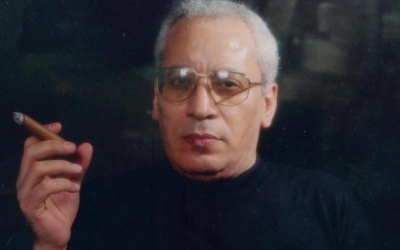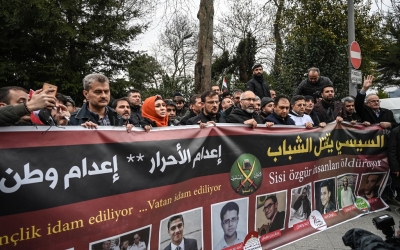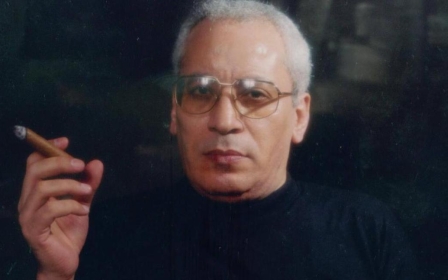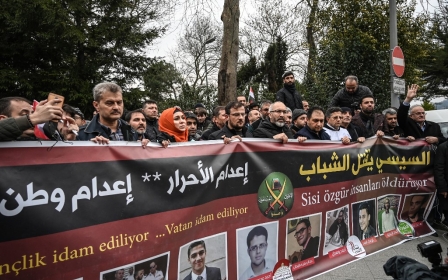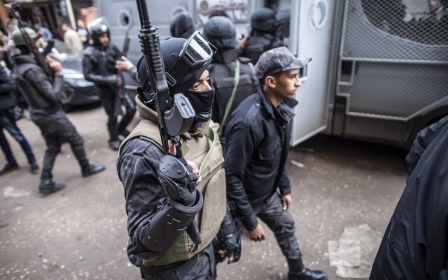Egypt: Prisoners begin mass hunger strike against abusive treatment
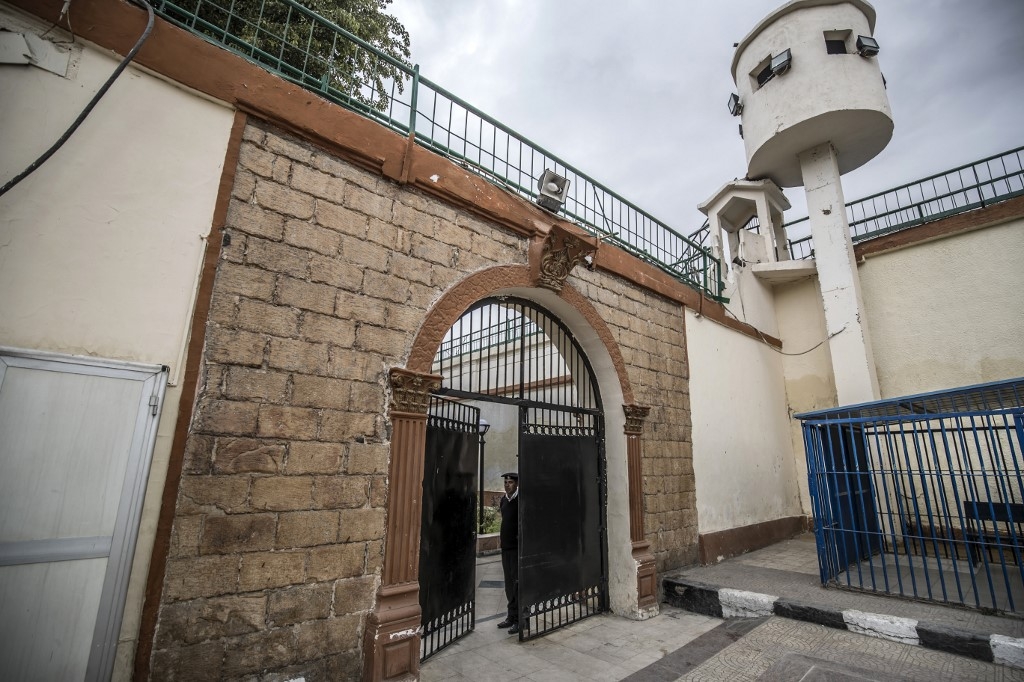
Detainees at one of Egypt’s most notorious prisons have gone on hunger strike in protest against ill-treatment, several rights groups said on Wednesday.
According to six Egyptian NGOs, the Istiqbal Tora prison, part of the Tora Prison Complex in southern Cairo, has witnessed a mass hunger strike since Sunday.
The action has been mainly prompted by the prison administration’s assault of two detainees with electric shocks in early October, when the pair were also transferred to disciplinary cells and stripped of all their clothes “except their underwear,” the organisations said in a statement.
The prison administration has reportedly also imposed disciplinary measures against the rest of the detainees, including the emptying of food and personal belongings from cells, a bar on visiting the prison’s clinic and canteen, a ban on exercise, and the handcuffing of detainees during rare family visits.
“The organisations have received confirmed information from their sources that the detainees already started their hunger strike on Sunday and refrained from eating the daily food supplied by the prison administration, despite their almost entire reliance on it due to the precautionary measures imposed on prison visits after the outbreak of the Covid-19 pandemic,” the statement read.
“The sources indicate that 75 percent of the cells in Istiqbal Prison in the Tora Prisons Complex have taken part in the hunger strike (the entire “A” cell, except for four cells, 70 percent of the “B” block, 50 percent of the “C” ward and the entire “D” block),” it added.
'Humiliating' treatment
Detainees are demanding an investigation into the abusive treatment of their two fellow inmates and an end to the overall “humiliating” treatment of the rest of detainees, the organisations said.
According to the statement, the arbitrary measures are a reaction to an alleged prison break incident on 23 September, when four detainees and four security officers were killed at the maximum-security Aqrab (Scorpion) Prison, which is located in the same Tora Prison Complex.
Rights groups and activists have argued that the execution of 15 political prisoners earlier this month might have been a reaction to the deadly incident.
“The organisations stress that such arbitrary measures may be a prelude to a heinous crackdown against political detainees, amid actual news of the start of similar campaigns in several other prisons,” the statement added.
Egyptian authorities do not allow any independent oversight of places of detention in the country, and the government deals with prison issues in extreme secrecy.
The state-sponsored National Council for Human Rights said in May 2015 that police stations were 300 percent overcapacity and prisons 160 percent overcapacity.
'No political prisoners in Egypt'
Human rights groups estimate that at least 60,000 political prisoners are being held in Egyptian jails since President Abdel Fattah el-Sisi seized power in 2014.
Sisi's government has denied this, claiming in a 60 Minutes interview last year that "there are no political prisoners in Egypt".
Sisi, a former defence minister, ousted his democratically-elected predecessor Mohamed Morsi in a military coup in 2013.
Morsi died on 17 June 2019, after six years in solitary confinement in Scorpion Prison. His death was attributed to medical negligence, which UN experts said amounted to "state-sanctioned arbitrary killing".
According to the Geneva-based Committee for Justice, which tracks deaths in Egyptian prisons, almost 1,000 prisoners have died in custody since July 2013.
The majority of those deaths were because of medical negligence, it said.
Middle East Eye propose une couverture et une analyse indépendantes et incomparables du Moyen-Orient, de l’Afrique du Nord et d’autres régions du monde. Pour en savoir plus sur la reprise de ce contenu et les frais qui s’appliquent, veuillez remplir ce formulaire [en anglais]. Pour en savoir plus sur MEE, cliquez ici [en anglais].


